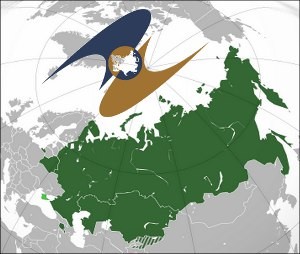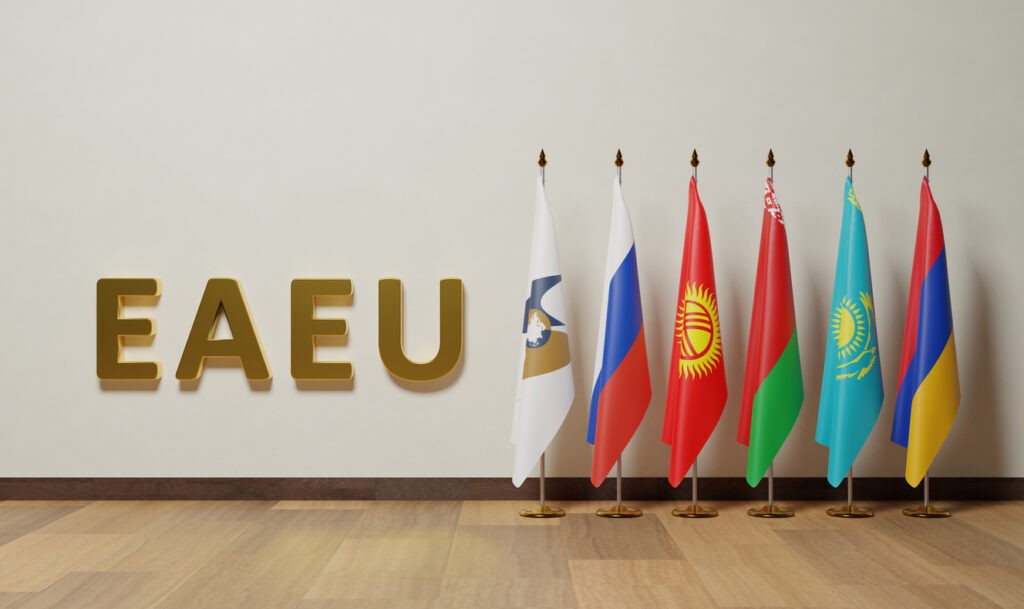BISHKEK (TCA) — Cluster development is on the development agenda of all the Eurasian Development Bank (EDB) member countries. This finding is presented in the report titled Cluster Development in the EEU Member Countries distributed by the Centre for Integration Studies at the EDB’s Directorate for Research. The paper considers the key terms of cluster development, explores the importance of clusters to the competitiveness of the national and regional economies, classifies cluster strategies pursued by the Eurasian Economic Union (EEU) member countries, and analyses their cluster potential.
None of the EDB member countries is in the top 50 in terms of cluster development (Armenia ranks 72nd, Kazakhstan 120th, Kyrgyzstan 135th, Russia 95th, and Tajikistan 100th), which is mainly due to economic factors.
Tajikistan is a member country of the Eurasian Development Bank but is not a Eurasian Economic Union member.
The limited financing of SMEs and underdeveloped venture capital markets restrain the growth and development of innovative companies. Moreover, high barriers to new companies’ entry in most of the countries also affect competition in the national markets, which impacts the productiveness and innovative capacity of the national sectors.
Most cluster initiatives in the EDB member countries emerge as a result of active cooperation with foreign companies and international organisations, which suggests these are launched and developed in an open fashion.
In the meantime, cluster development is acquiring additional importance to the EDB member states. The geopolitical peculiarities of their development include their vast and often underdeveloped territories, the lack of developed transport corridors, and the fact that most of them are landlocked developing countries. With an efficient approach, clusters may become an instrument that will promote equitable economic development in the countries and improvements in their competitiveness through the creation of new growth centres, the report said.
The Eurasian Development Bank (EDB) is an international financial institution founded by Russia and Kazakhstan in 2006 with the mission to facilitate the development of market economies, sustainable economic growth, and the expansion of mutual trade and other economic ties in its member states. The EDB’s charter capital totals US $7 billion. The member states of the Bank are Armenia, Belarus, Kazakhstan, Kyrgyzstan, Russia, and Tajikistan.









